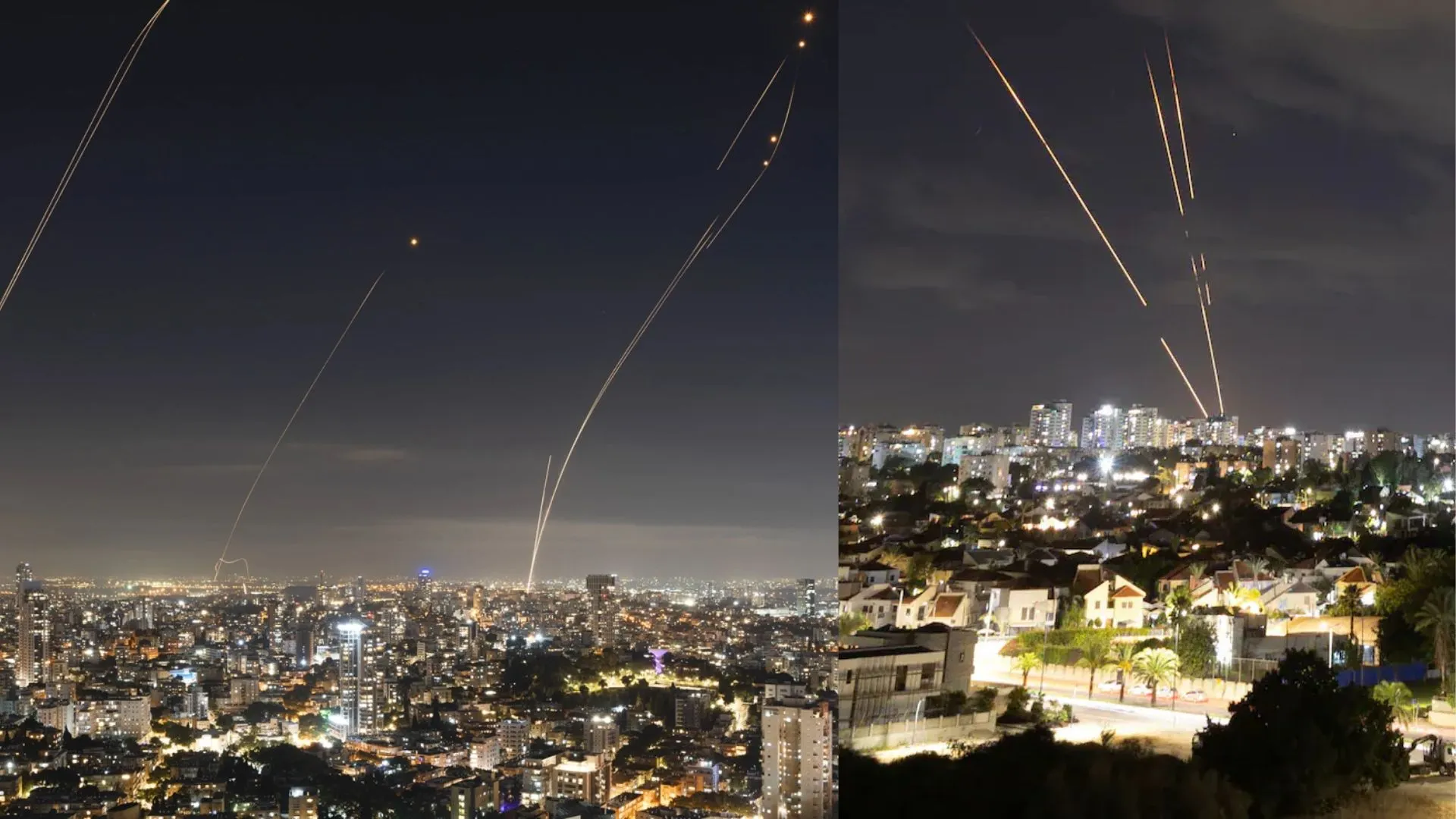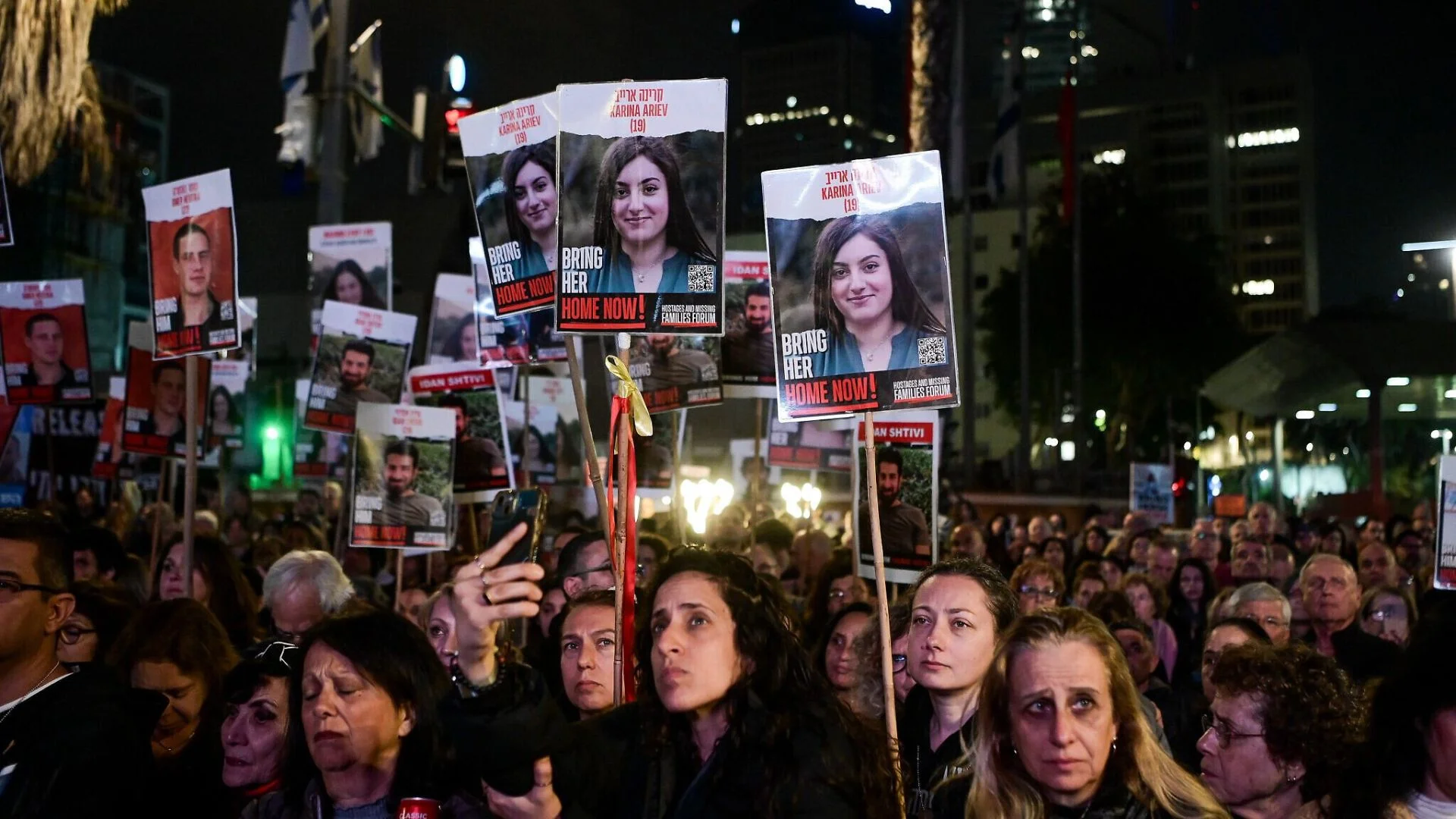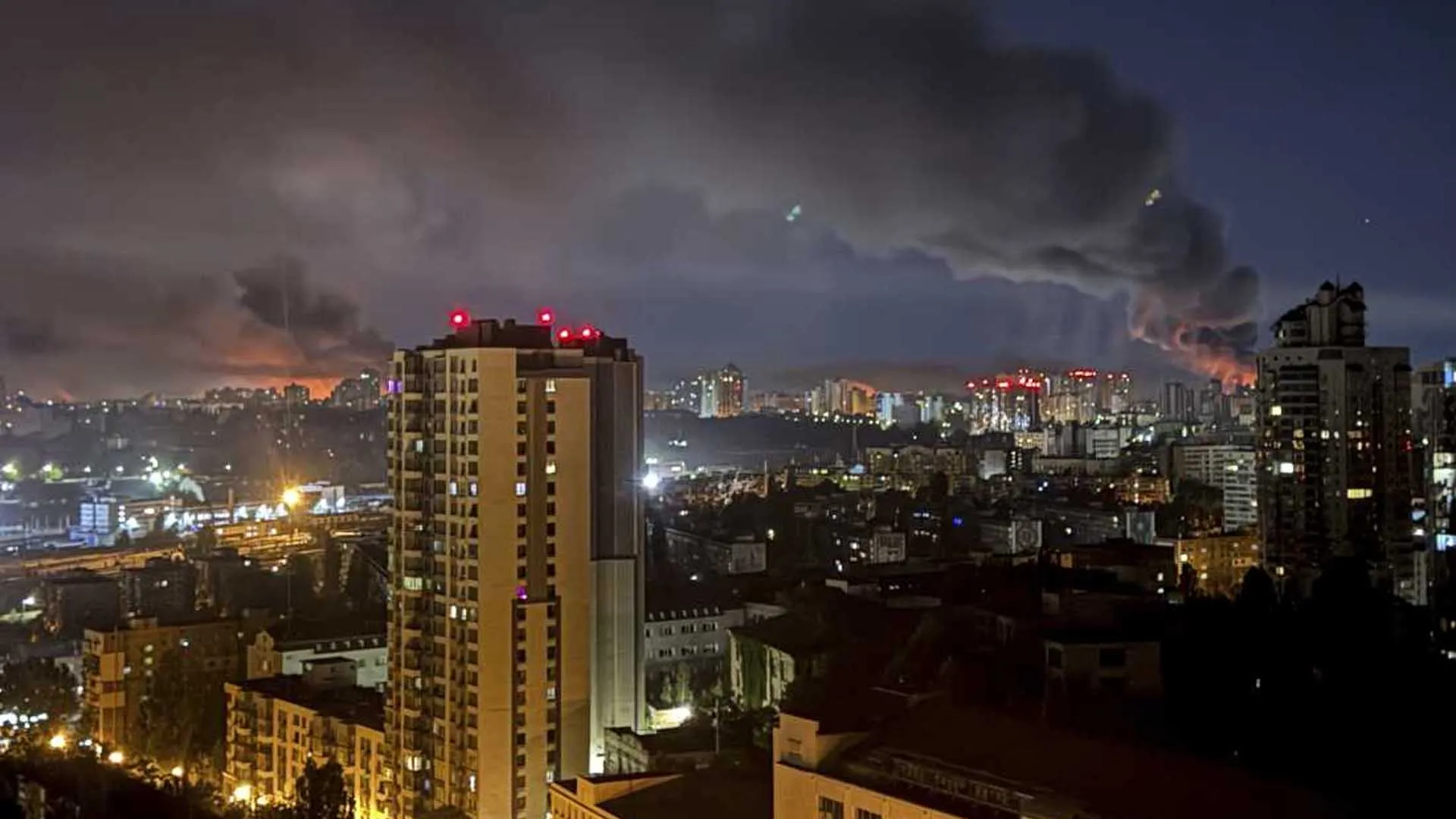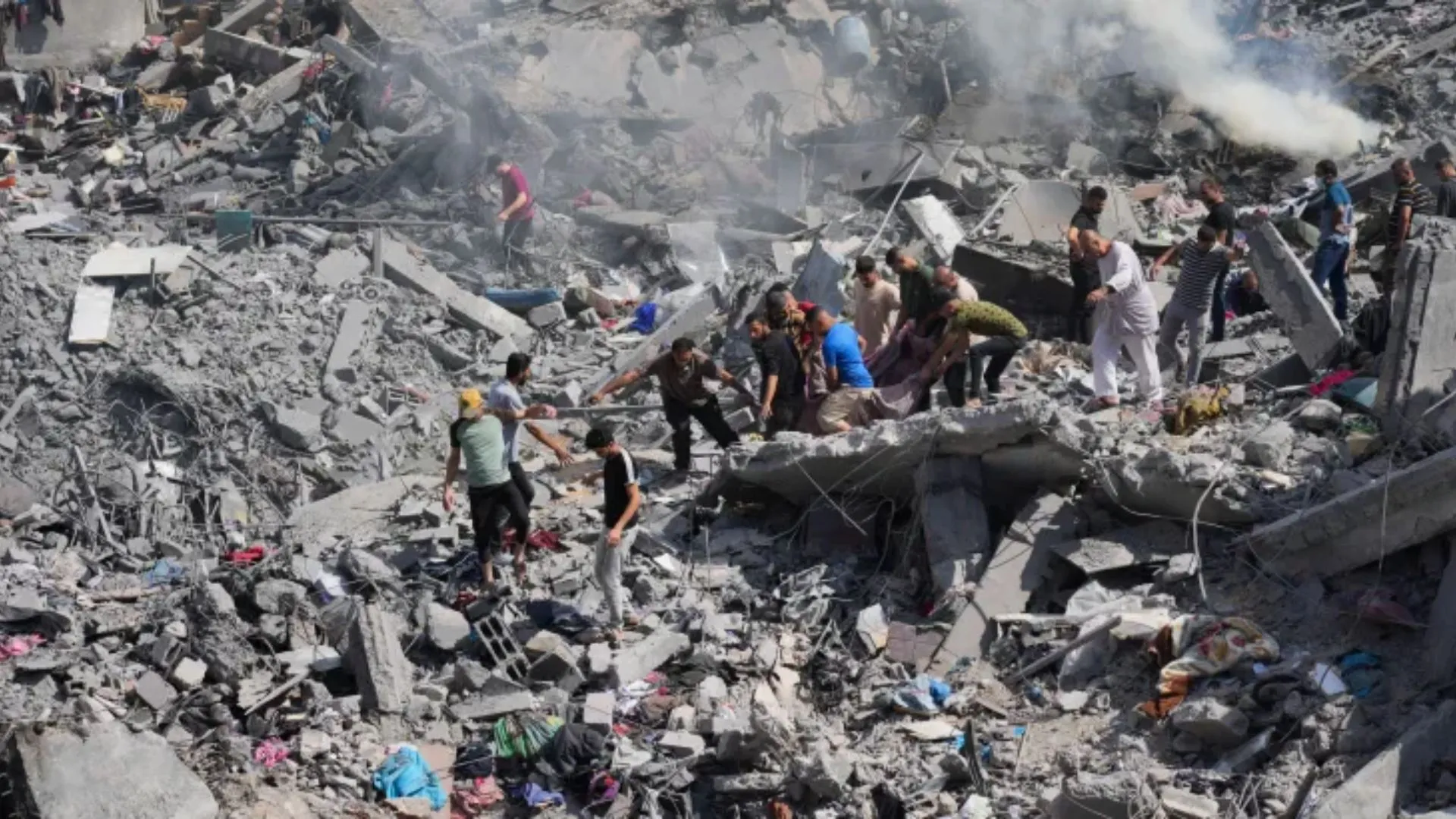The fact that the Israel Iran conflict escalated with a new and potentially perilous phase of hostilities in which the IDF confirmed that Tehran sent more than 100 drones into Israel, flying in retaliation for a wide-scale Israeli airstrike against Iranian nuclear and military installations earlier today.
All flights were barred from Jordanian airspace, marking wider regional instability, while the drone attack is still gathering pace with a sharp escalation in hostilities after months of underlying tensions surrounding Iran’s nuclear initiative and atomic threats.
Iran Responds with Airstrikes
The Israeli military said Iran struck back with “over 100 drones” that targeted several sites within Israel. Brig. Gen. Effie Deffrin, the IDF spokesman, verified that Israeli defenses actively intercepted the incoming threats.
Iran had threatened in advance, with Supreme Leader Ayatollah Ali Khamenei and military leaders vowing an “embittering and painful” future for Israel after the airstrikes.
Israel’s Air Campaign
Earlier today, Israel initiated “Operation Rising Lion,” attacking about 100 targets in Iran. The attack included more than 200 fighter aircraft targeting nuclear sites such as Natanz, missile manufacturing plants, and high-ranking military commanders.
Confirmations have come of the fatalities of high-ranking officials like IRGC commander Gen. Hossein Salami and military chief Gen. Mohammad Bagheri. Israeli PM Benjamin Netanyahu referred to the raids as pre emptive and conducted for national survival.
Jordan Closes Its Skies
Jordan acted quickly in response to the intensifying war by closing its skies to all civilian traffic. Its civil aviation agency put caution into practice to “avoid any infringement of its airspace or let its country turn into a battle zone”. Other neighbors, such as Iraq, also shut down air traffic, disturbing global air routes.
Security tensions have spread to the region. Iran and Israel both shut down their airspace, while Iraq also issued flight bans. This move grounded global aviation: airlines including Emirates, Lufthansa, Air India, and flydubai diverted or canceled flights. China told its citizens in both nations to remain vigilant .
The drone attack capped a perilous ratcheting up triggered by Israel’s mass aerial assault in response to concerns about Iran’s nuclear drive. The sudden shift toward bulk drone reprisal underscores the thin line and the risk of broader confrontation.
What’s Next?
These events portend a spreading of the conflict. Israel threatened more attacks. Iran’s threats to hit back, combined with airspace closures, reveal an unstable and uncertain environment. Diplomatic breakdowns—particularly over nuclear negotiations—may complicate de-escalation.
World leaders called for restraint, but preparation on each side to launch offensive action shows profound alarm. The world now waits to see either brutal escalation or rapid de-escalation.























